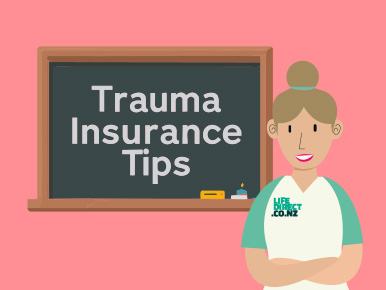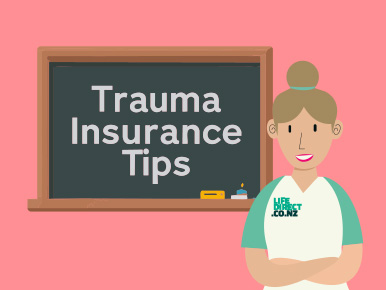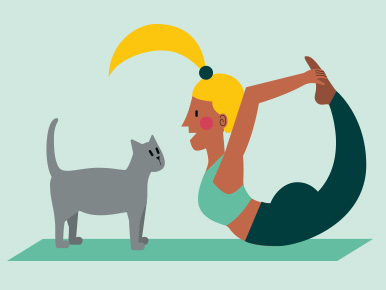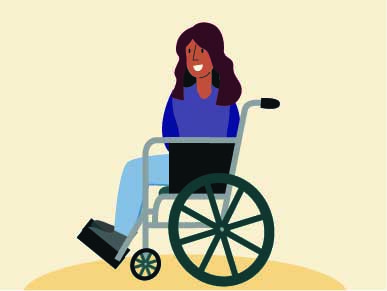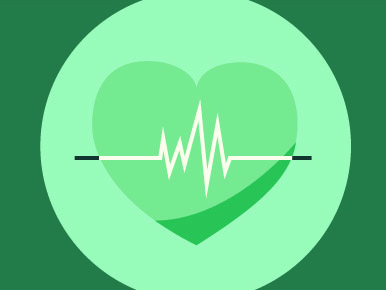Thinking about critical illnesses or injuries certainly isn't pleasant, but unfortunately, the unexpected can (and does) happen. Trauma insurance exists to ease the subsequent financial burden, by providing a lump sum payment in the event of a critical illness, condition or injury.
Not sure about how Trauma insurance could benefit you? Here are some stats to give you some perspective.
- $113.7 million paid out - January to June 2020
According to the Financial Services Council, in the three months to 30 March 2020, Trauma Insurance paid out $56.6 million to insured Kiwis, and in the following three months to 30 June 2020, $57.1 million in Trauma insurance claims were paid out.
- 20 per cent of all claims amount
At $57.1 million in the three months to 30 June, Trauma insurance accounts for about 20 per cent of all claims-amounts paid in the period - $312 million, including life and health insurance. And what's more, that's up from 16% in the three months to 30 March, and 17% in the three months to 31 December 2019.
- A matter of awareness
Despite how powerful this protection tool is, Trauma insurance isn't as well-known as other types of cover. A 2019 report from the Financial Services Council found that only 43 per cent of people surveyed had heard of it - a much smaller proportion than those who were aware of life insurance (81 per cent) or income protection (67 per cent).
No one likes to play out the worst-case scenarios in their mind, but the reality is, traumatic events like cancer, heart attack or a stroke are a fact of life. And Trauma insurance is there to help protect you and your family's lifestyle from it.
Need support? Call us on 0800 800 400, start a Live Chat or fill in our contact form to get in touch with our team.
Disclaimer: Please note that the content provided in this article is intended as an overview and as general information only. While care is taken to ensure accuracy and reliability, the information provided is subject to continuous change and may not reflect current development or address your situation. Before making any decisions based on the information provided in this article, please use your discretion and seek independent guidance.



